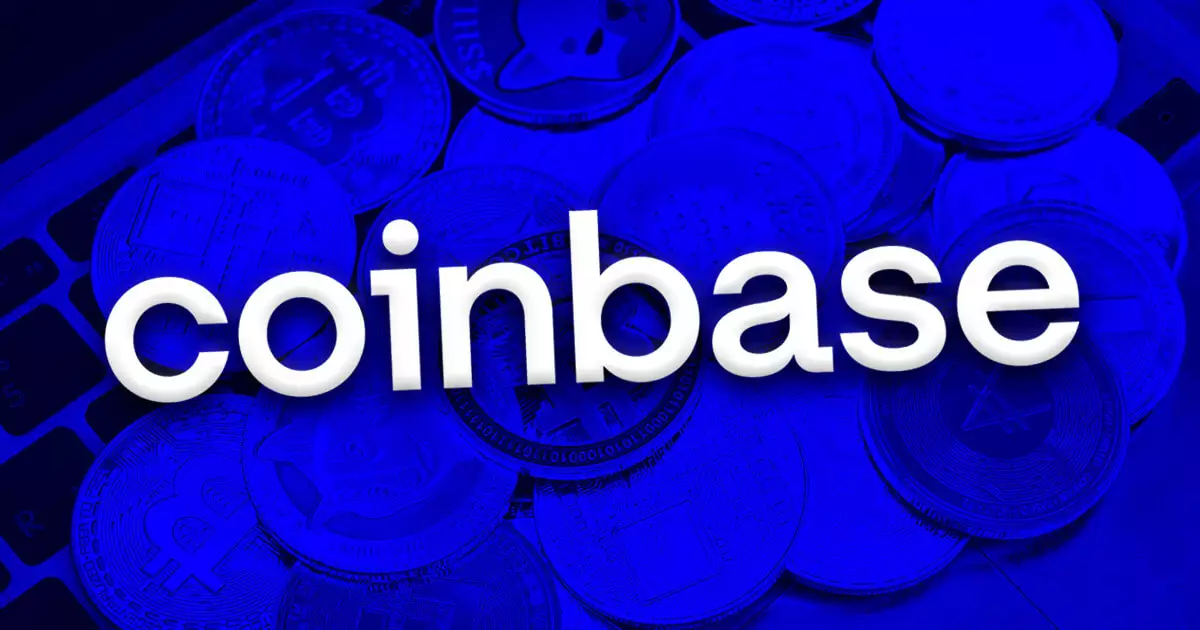The ongoing legal confrontation between Coinbase and BiT Global regarding the delisting of wrapped Bitcoin (WBTC) presents a riveting narrative that encapsulates the complexities of the cryptocurrency market. This conflict not only highlights the legal strategies of both parties but also delves into significant concerns about trust, market integrity, and the responsibilities of crypto exchanges towards their users.
The Heart of the Dispute: Coinbase’s Delisting Decision
Coinbase, one of the largest cryptocurrency exchanges globally, has announced that it intends to delist wrapped Bitcoin (WBTC) due to concerns about the token’s governance and risks associated with its ties to controversial figure Justin Sun. When Coinbase moved to cut WBTC from its offerings, they provided a solid rationale grounded in their commitment to ensuring customer safety and platform reliability. This decision emerged out of an extensive internal review that scrutinized not only the operations of WBTC but also the transparency issues surrounding BiT Global’s ownership structure. Coinbase’s general counsel, Paul Grewal, characterized BiT’s lawsuit as lacking any substantive grounding, further emphasizing that the petition for a temporary restraining order (TRO) should be dismissed.
Allegations of Fraud and Market Manipulation
A significant element in the facile response from Coinbase hinges on Sun’s controversial history, marked by allegations of fraud and market manipulation. Given these circumstances, Coinbase believes that maintaining a relationship with WBTC introduces an unacceptable risk to its platform and clientele. This concern is not merely speculative; it stems from documented issues related to Sun’s previous business ventures. The exchange underscored that BiT’s inability to clarify inquiries regarding WBTC’s reserves raised alarms regarding the governance and financial underpinnings of the token.
Arguments from BiT Global: Defense of WBTC
In stark contrast, BiT Global has proclaimed its legal maneuvering as an effort to protect the integrity of WBTC and the interests of its users. BiT argues that Coinbase’s decision to delist WBTC serves not just its operational interests but also constitutes an unfair competitive practice that potentially damages the broader reputation of WBTC. By equating the delisting with a signal of diminished trustworthiness in the digital asset community, BiT invoked California’s Unfair Competition Law to bolster its claims.
However, it is essential to scrutinize BiT’s assertions critically. They allege significant reputational and financial detriment from the delisting; however, Coinbase pointed out that less than 1% of global WBTC transactions occur on its platform. This statistic raises questions about the integrity of BiT’s damage claims and highlights the relayed risk of irreparable harm.
This legal episode reveals much more than a standard commercial dispute; it underscores the heated debates surrounding governance, regulatory compliance, and the overarching trust in the crypto landscape. Coinbase argues that its decision aligns with established standards that govern reputable exchange operations. By prioritizing platform integrity, they position themselves as a consumer-first exchange, emphasizing a broader philosophy of safeguarding their user base.
Simultaneously, this conflict throws light on the broader scrutiny that Sun faces within the crypto realm, especially considering his ongoing legal troubles involving the SEC, suggesting that market confidence may be adversely affected by ongoing uncertainty around key figures in the space.
As both parties gear up for a scheduled hearing concerning BiT’s request for a TRO, the implications of this case remain significant. If granted, it would temporarily postpone Coinbase’s planned delisting of WBTC from December 19, effectively prolonging an already fraught decision-making process.
This saga reflects a microcosm of larger trends within the cryptocurrency industry—issues of governance, market manipulation, and user trust are omnipresent, and how they will be resolved will have far-reaching effects on market behavior and regulatory frameworks. Ultimately, as the industry continues to mature, transparency, accountability, and an unwavering commitment to the interests of consumers will become imperative for exchanges and tokens alike.















